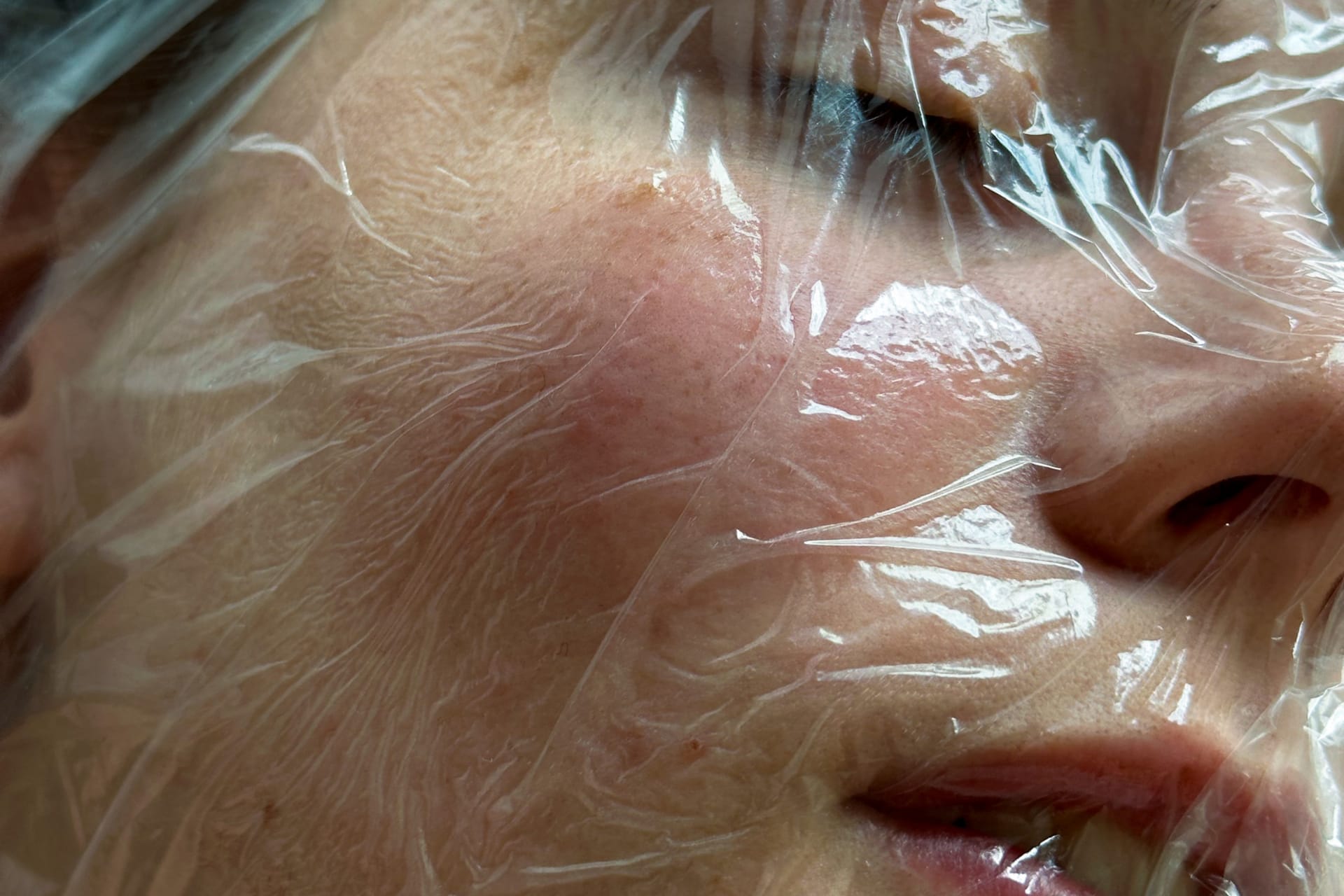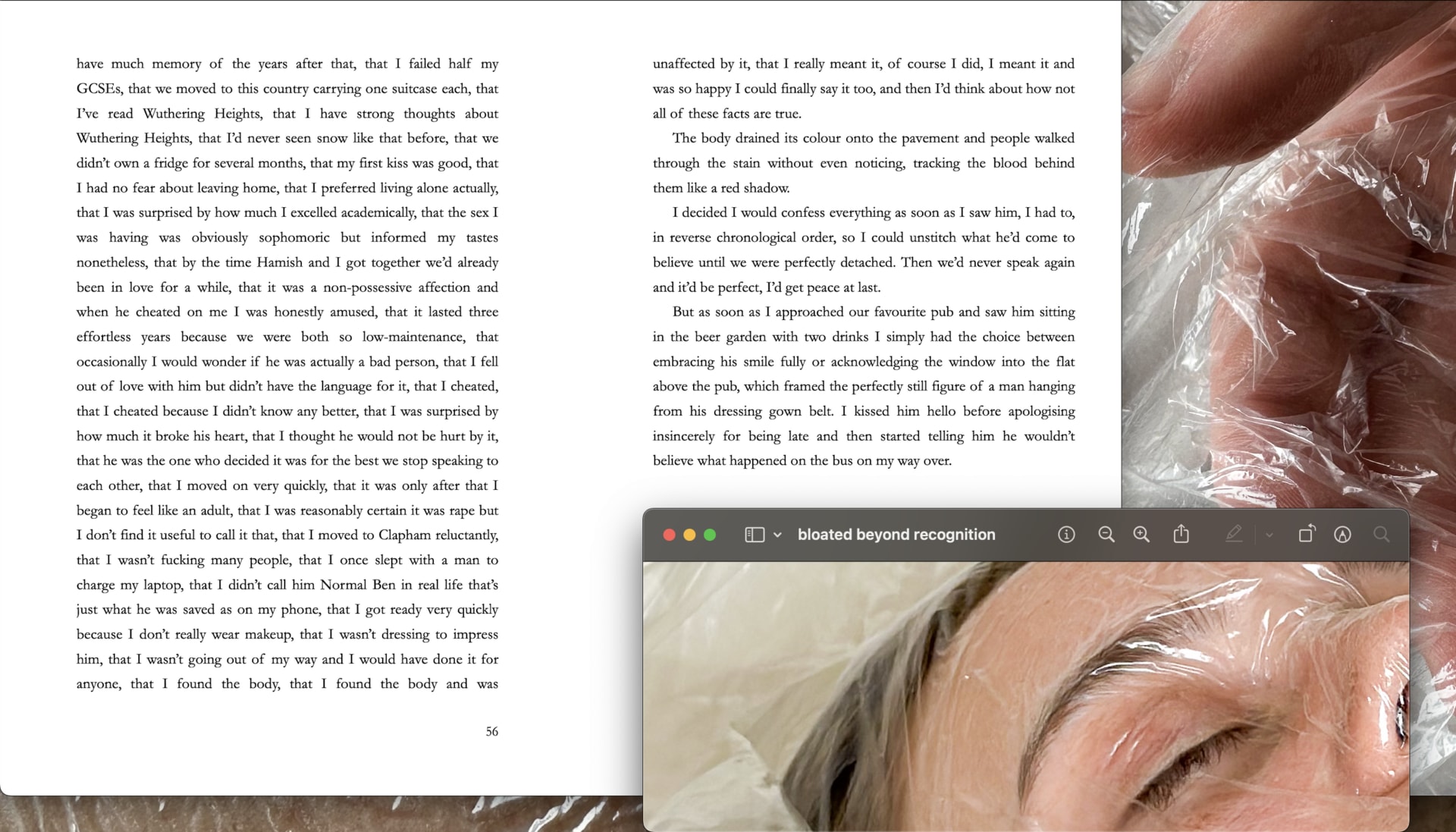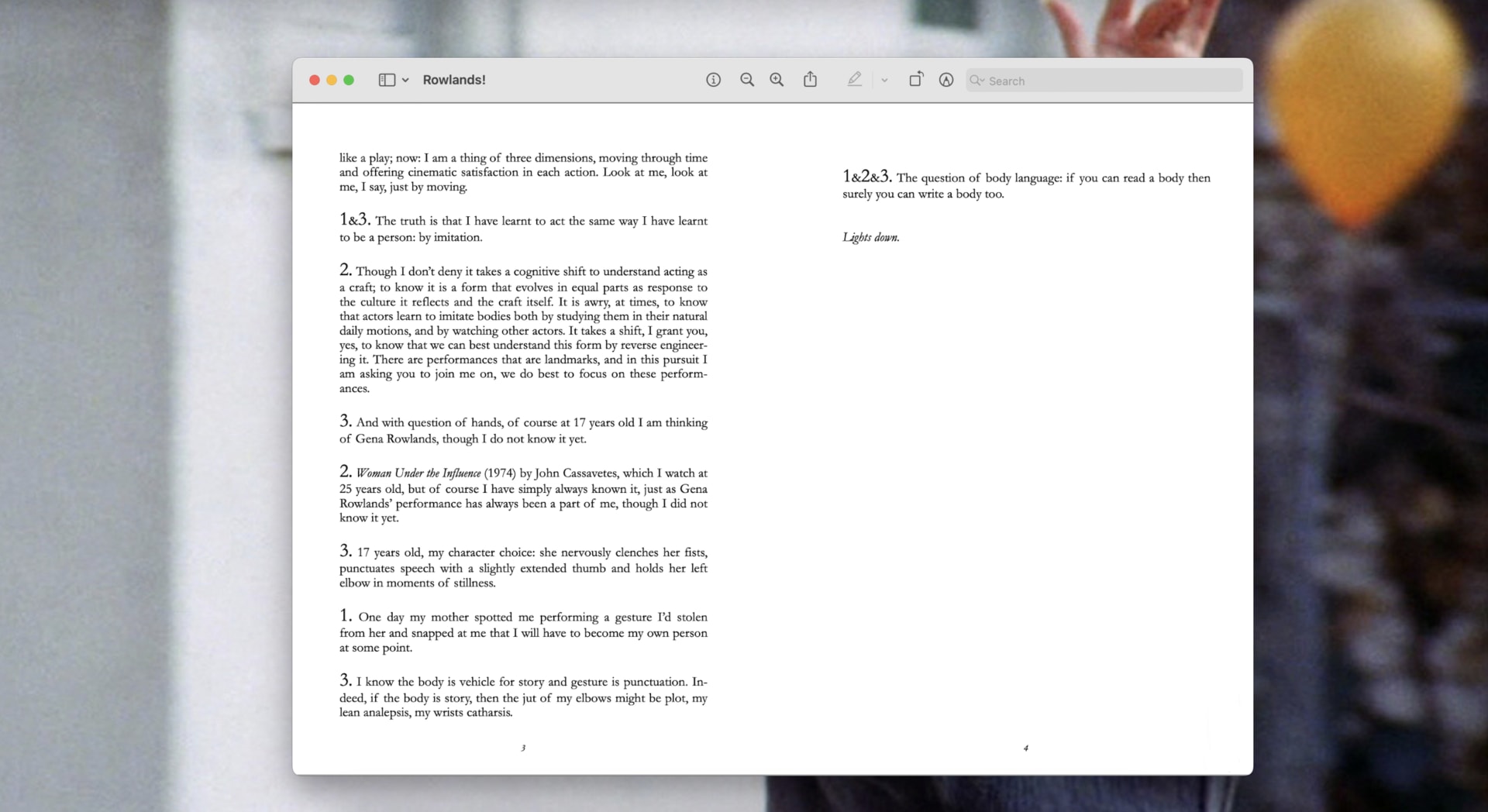I am a British-Greek writer based in London. I am interested in the performativity of form and tend to write about the apocalypse, deceit and other good things.
My work has appeared in The White Review, The National Poetry Library, Tolka, The Rialto, and others. I was shortlisted for The White Review's Poet's Prize and was an inaugural member of The Southbank Centre's New Poets' Collective.
My website includes a full publication history and is replete with links and a contact form that I check regularly, should you be feeling solicitous.














